Buying or selling a home hinges on a thorough inspection – missing a foundation crack or mold colony can cost thousands in repairs. Homebuyers, real estate agents, and insurers insist on licensed inspectors to safeguard water quality, roof integrity, and indoor air quality. This guide unveils six proven strategies – from verifying credentials to leveraging community referrals – to help you find certified local home inspection experts and build lasting partnerships.
Key Takeaways
- Verify inspector licensure and certifications before scheduling any inspection.
- Understand regional standards—insurance and building codes vary by state.
- Assess experience, specialization, and past projects through focused questions.
- Use reviews and referrals from agents, warranty providers, and community boards.
- Foster long-term partnerships to track repairs, maintenance, and warranty compliance.
1. Trustworthy Local Home Inspection Experts – Identifying Reliable Professionals in Your Neighborhood
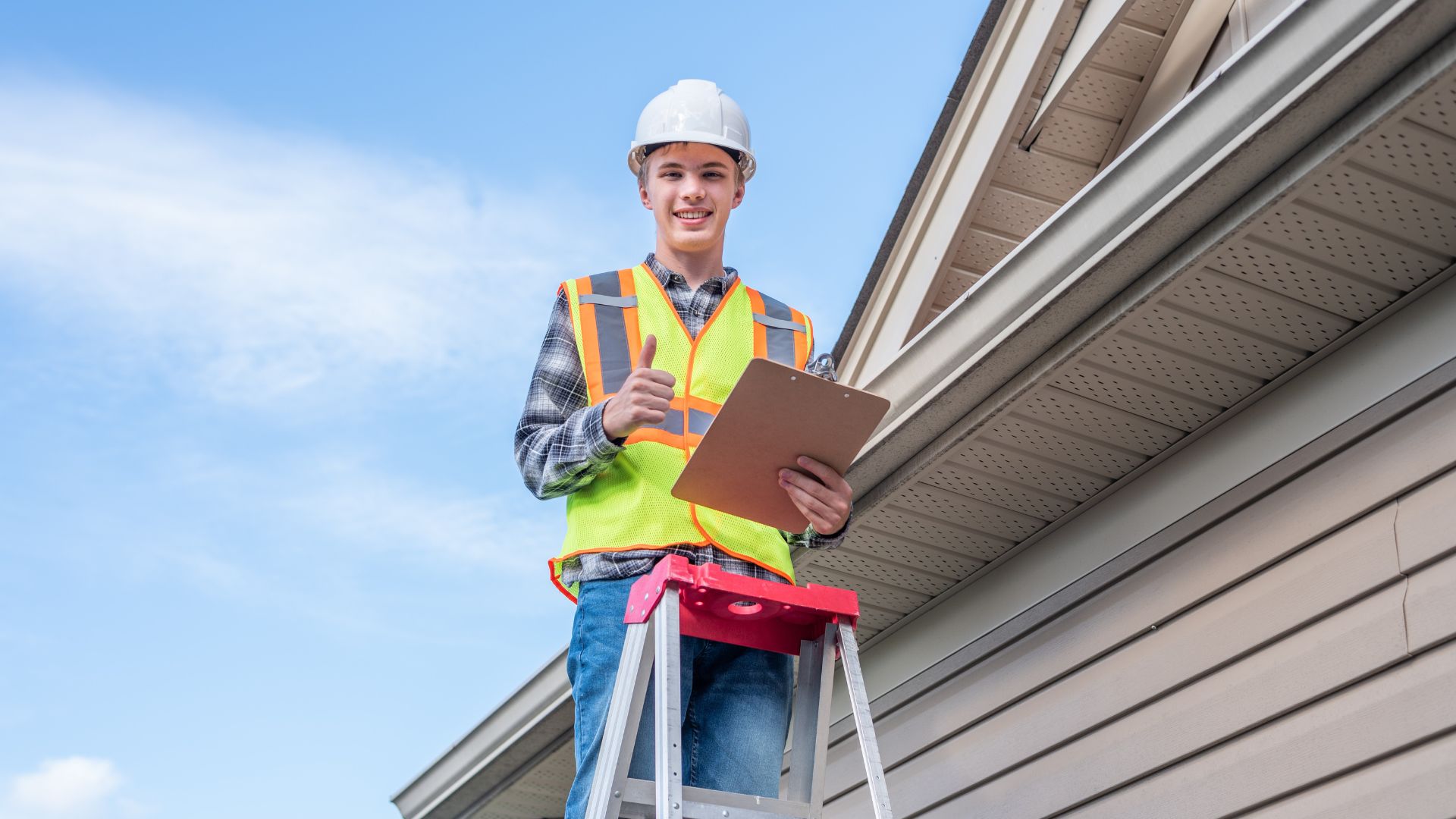
Trustworthy local home inspection experts are found by verifying state licensure, professional certifications, and proximity to your zip code. According to a 2022 American Society of Home Inspectors (ASHI) survey, 85% of homebuyers feel more confident when working with state-licensed inspectors. Begin by checking your state’s home inspection registry for active license status, then confirm certifications such as ASHI, InterNACHI, or NAHI for standards in infrared scanning, radon measurement, and mold assessment.
Key credentials to verify include:
- Active state license number and expiration date
- Certifications: ASHI, InterNACHI, NAHI
- Specialty training: infrared thermography, radon testing, asbestos sampling
- Professional liability and errors & omissions insurance
House Doctor Home Inspection, for example, holds InterNACHI membership and carries $1 million in E&O insurance, demonstrating its commitment to quality and risk management.
2. Unique Regional Inspection Standards – Ensuring Compliance With Local Codes and Climate-Specific Protocols
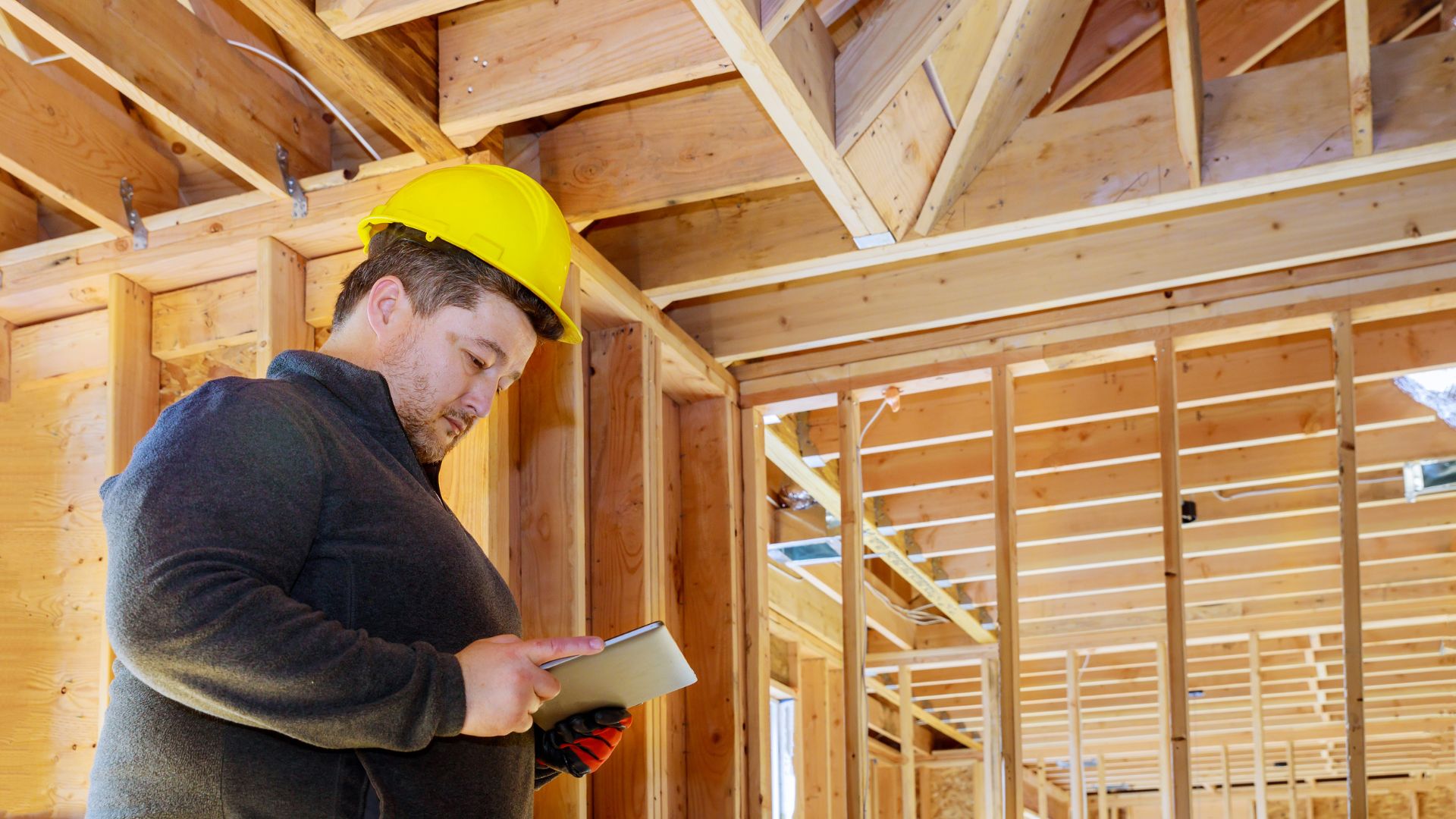
Unique regional inspection standards ensure that inspectors adhere to local building codes, climate conditions, and insurance requirements. In Florida, four-point insurance inspections focus on the roof, electrical, plumbing, and HVAC systems for homes over 20 years old. In the Pacific Northwest, inspectors routinely check for wood rot and seismic retrofits under Washington’s IGCC regulations.
Below is a table summarizing key regional requirements:
| State | Mandatory Inspection | Focus Areas | Governing Body |
| Florida | Four-Point Insurance | Roof, Electrical, Plumbing, HVAC | FL Office of Insurance Regulation |
| Texas | Windstorm Certification | Roof Anchorage, Window Impact | Texas Windstorm Insurance Assoc. |
| New York | Radon Mitigation Check | Radon Levels, Ventilation | NY Dept. of Health |
| California | Seismic Retrofit Evaluation | Foundation Bolts, Soft-Story | CA Building Standards Comm. |
Inspectors who comply with these protocols demonstrate local expertise, reducing the risk of code violations or insurance premium hikes.
3. Professional Experience and Specialization – Scrutinizing Expertise Through Past Projects and Focus Areas
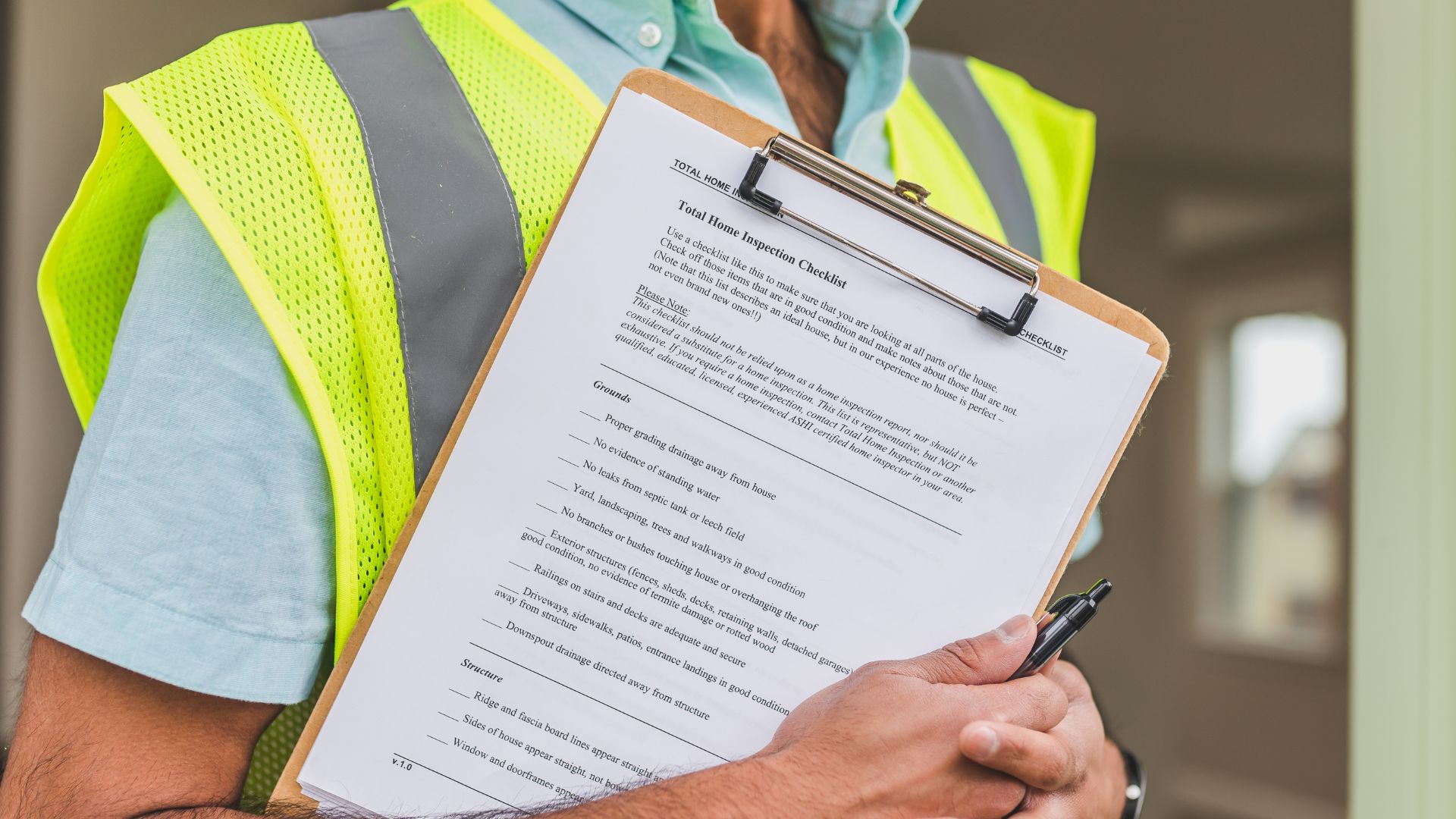
Professional experience and specialization reveal an inspector’s capacity to identify complex issues such as septic-tank failures or asbestos hazards. Inspectors with over five years of fieldwork and more than 500 completed inspections typically spot hidden defects faster. For instance, inspectors certified by the International Association of Certified Home Inspectors (InterNACHI) undergo specialized training in infrared thermography, enabling them to detect water leaks behind walls or attic insulation voids.
Questions to ask potential inspectors:
- How many inspections have you completed in my zip code?
- Do you hold specialized certifications (radon, mold, infrared)?
- Can you provide case studies of past inspections similar to my property type?
- What follow-up support do you offer after the inspection report?
By comparing project portfolios and specialty endorsements, you ensure you hire an expert aligned with your property’s unique needs-whether that’s termite-prone basements or historic chimney assessments.
4. Customer Feedback and Local Reputation – Investigating Reviews to Gauge Trust and Service Quality

Customer feedback and local reputation help you gauge an inspector’s reliability, thoroughness, and communication skills. Reviewing platforms such as Google, Yelp, and the Better Business Bureau (BBB) offer quantitative ratings (1-5 stars) and qualitative comments. A 2021 study by the Journal of Real Estate Research found that properties inspected by professionals with an average rating above 4.7 sold 12% faster on average and commanded 5% higher closing prices.
Review platforms to consult:
- Google Business Profile: star rating, number of reviews, recent feedback
- Yelp: detailed comments on inspector punctuality and report clarity
- BBB: accredited business status and complaint resolution record
- Real estate forums: first-hand buyer and agent testimonials
Cross-referencing multiple sources ensures you select a professional celebrated for thorough roof, attic, and septic-tank inspections, rather than one singularly praised for speed alone.
5. Local Networks and Industry Connections – Utilizing Real Estate Agents and Community Referrals to Find Quality Services

Local networks and industry connections unlock trusted referrals from real estate agents, mortgage lenders, and insurance brokers. Agents often partner with inspectors who deliver clear reports on water quality systems or radon mitigation plans. Home warranty providers may recommend inspectors who honor their coverage terms for mold or roof leak repairs.
Top five referral sources:
- Real estate agents with a proven track record in your neighborhood
- Home warranty companies listing preferred inspectors
- Local building code officials familiar with certified inspectors
- Community homeowner associations and online neighborhood forums
- Title companies conducting pre-closing property reviews
When multiple trusted professionals endorse the same inspector, you gain confidence in their consistency and local reputation.
6. Cultivating Long-Term Partnerships – Building Ongoing Relationships With Your Inspection Experts

Cultivating long-term partnerships with your inspection experts fosters continuity of care across property ownership. Repeat inspections by the same professional build a reliable record of basement waterproofing performance, chimney maintenance, and roof warranty compliance. According to a 2020 National Association of Realtors report, 70% of sellers and buyers use the same inspector for subsequent transactions due to established trust.
Best practices for partnership building:
- Subscribe to annual maintenance inspection plans
- Invite inspectors to consult on home improvement projects
- Share inspection reports with contractors for coordinated repairs
- Provide testimonials and refer the inspector within your network
An enduring relationship with your home inspector ensures that every leak, radon concern, or attic insulation upgrade is logged and addressed systematically over your home’s lifecycle.
How long does a typical home inspection take?
A standard single-family home inspection takes 2-4 hours, depending on size and condition.
Can I attend the home inspection?
Yes. Attending allows you to ask real-time questions about your roof, attic, and systems.
Do inspectors offer sample reports?
Most provide free PDF samples so you can review the report format and detail levels beforehand.
How much does infrared scanning add to the fee?
Infrared thermography typically adds $75-$150, depending on home size and equipment used.
Is radon testing included in standard inspections?
Radon testing is often an add-on costing $100-$200 and requires 48-hour monitoring.
What happens if major defects are found?
Clients receive a detailed report with photos, recommended repairs, and contractor referrals.
How soon after the inspection will I get the report?
Most inspectors deliver electronic reports within 24 hours, with hard copies upon request.
Connecting with certified local home inspection professionals reduces risk and builds confidence in every real estate transaction. The six strategies-from verifying licensure to nurturing long-term partnerships-create a roadmap for consistent, high-quality inspections. Homeowners benefit from proactive maintenance and seamless code compliance when working with trusted experts. Begin applying these methods today to secure your property’s health and your peace of mind.
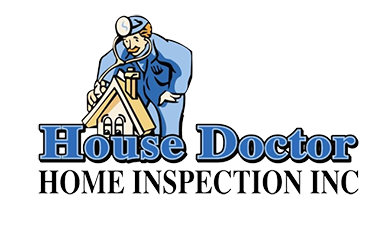
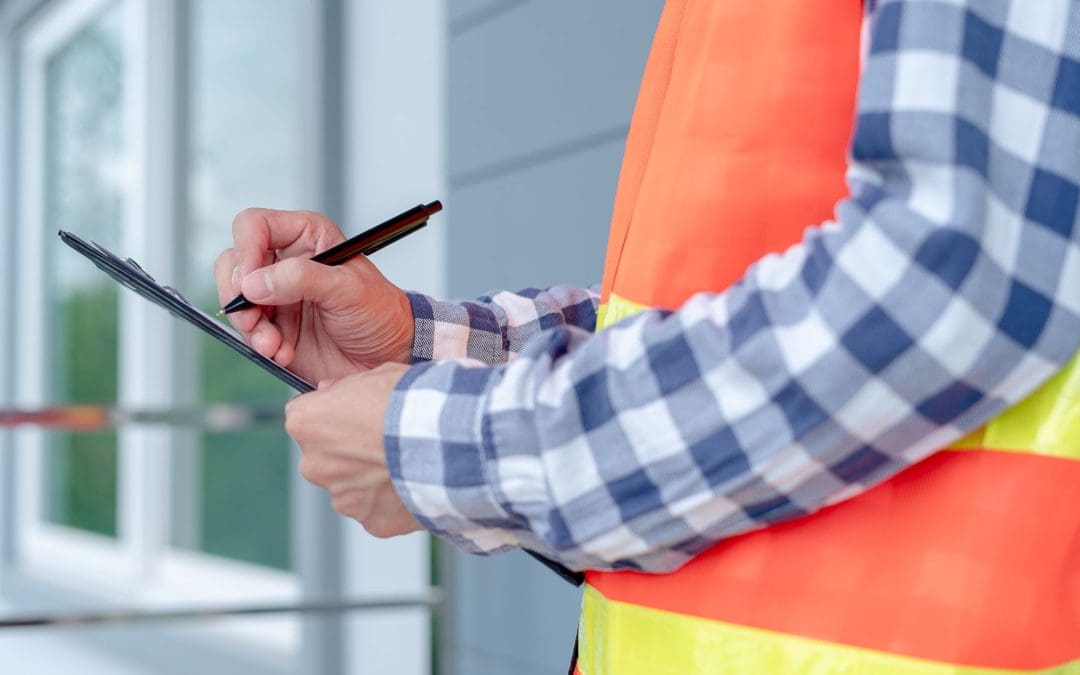
Recent Comments